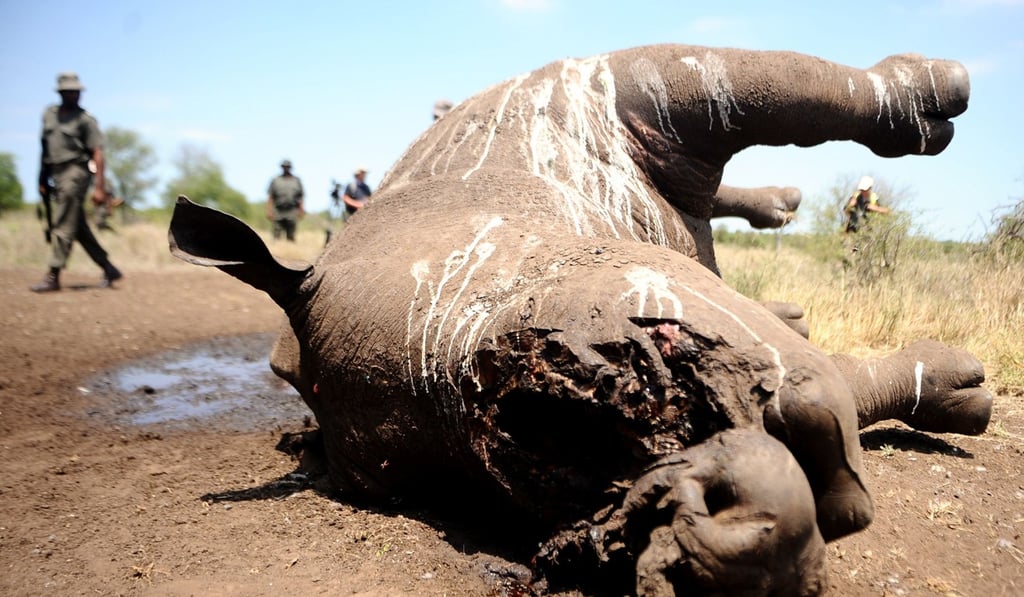Advertisement
Letters | Hong Kong’s new higher penalties strike harder at illegal trade in endangered species
- Increased penalties for the smuggling of endangered species send a clear message to the public about the seriousness of such offences
2-MIN READ2-MIN

I refer to the article, “Time to get tough on wildlife trafficking” (February 1). I would like to reiterate that the Hong Kong SAR government is committed to the protection of endangered species. Hong Kong regulates the trade in endangered species under the Protection of Endangered Species of Animals and Plants Ordinance (Cap 586), which is the local legislation that gives effect to the Convention on International Trade in Endangered Species of Wild Fauna and Flora (CITES).
To combat the illegal ivory trade and contribute to the global efforts in protecting wild elephants, the Protection of Endangered Species of Animals and Plants (Amendment) Ordinance 2018 was passed by the Legislative Council on January 31 last year and it took effect on May 1, taking forward the ivory phase-out plan and increasing the penalties under the Ordinance.
Advertisement
To provide a stronger deterrent against the smuggling and illegal trading of endangered species, the penalties for violating the ordinance have been increased since May 1, 2018, and are applicable to all scheduled species under the ordinance. The maximum penalty, on indictment, is now a fine of HK$10 million and imprisonment for 10 years.
It was observed that with effect of increased maximum penalties under the amendment ordinance, the sentences laid have been significantly increased for recent cases. For instance, an illegal importer of 3.1kg of rhino horn was tried at the District Court and the sentence laid was an imprisonment of eight months after one-third deduction, as the offender pleaded guilty.
Advertisement

Advertisement
Select Voice
Select Speed
1.00x